~ 11 ~
THE FIRST OF THE SIGNS ~
“Do whatever he tells you.”
I prepare my heart for prayer
As I begin, I take a moment to become aware of the Lord present to me,
looking upon me with love, desiring to speak to my heart.
Prayerfully, I read John 2:1-11
After prayerfully reading, I ask for a grace I desire in this time of prayer.
Using my reasoning:
• Think about what is happening in the scene; what are the action words?
• Who are the people in the scene? What is the place? What things are described?
• What words catch my attention? What does this mean to me?
Using my imagination:
• Imagining myself in the scene – am I an observer or participant? To whom am I drawn?
• Using all of my senses – what do I see? What do I hear? What do I feel, smell or taste?
Reflect on what God is saying to my heart:
• As I reflect, I use my spiritual senses to acknowledge what is transpiring in my heart – my thoughts, feelings and desires. (Acknowledge means to see, to notice, to become aware of, to name.) This is important to do, as my thoughts, feelings and desires shape my actions.
• I look for the truth the Lord is communicating to me. I ask Jesus to give me his mind and his thoughts to see with the eyes of his heart what he wants to reveal to me today. How is Jesus calling me to apply this truth to my life?
Guided Reflection
Quoted from “An Ignatian Introduction to Prayer,”
by Father Timothy M Gallagher, O.M.V1
I am present at the wedding. I see the Mother of Jesus, I see Jesus himself, and the first disciples, the spouses, the crowd, the celebration … I live this whole event, present, watching, listening, contemplating …
This moment is filled with meaning: God, in Jesus, the Word made Flesh, the divine Bridegroom, has come to dwell with, to be wedded to his people …
“They have no wine.” Gradually the wine begins to fail … and Mary sees the unexpressed need. She seems the first to notice. She shows her profound sensitivity to the human situations and unspoken needs around her, even to the small needs of others … alert, attentive …
Am I like her? Do I see the unexpressed needs of the others with whom I live – needs for help, for companionship, a need to share?
Mary does not simply notice. She becomes active in this situation of need. She becomes involved. She brings the need to Jesus, she is engaged to the end, till the need is met.
Do I notice and remain apart? Do I, perhaps too easily, simply assume that I cannot contribute, cannot help?
“O woman, what have you to do with me?” An enigmatic answer, not easy to understand … Yet Mary shows courage, she is sure of Jesus. She does not give up, does not say that she has tried in vain … She persists. She knows her Son …
At times I try to help, to improve things … and my efforts seem to meet no response. Do I give up? Do I say that I’ve tried, but there is no use? Now I ask Mary to speak to me of her courageous and continuing involvement …
I watch Jesus work his first sign, his first miracle … I watch the servants as they fill the jars, the steward of the feast as he tastes the water made wine …
I watch the reaction of the disciples: they see his glory, and faith is born in them …
I ask for this grace in this time of prayer:
Converse with God2
Acknowledge:
• What are the thoughts arising in my heart? I think …
• What are the feelings arising in my heart? I feel …
• What are the desires arising in my heart? I desire …
Relate:
I honestly relate these to God; I talk to him about them, trusting he is present and listening to me, his beloved child.
Receive:
• I listen to what the Lord wants to say to my heart, knowing his love is gratuitous and unconditional. I receive his love and consolation. I trust he longs to console me, to encourage me, to strengthen me, to heal me, to forgive me …
• I allow him to lead me; perhaps returning to the scripture …
Respond:
• I conclude my prayer time speaking to Jesus, God the Father, and/or the Holy Spirit as I would speak to a friend. I may also invoke the intercession of Mary and the Saints.
(St. Ignatius calls this a colloquy.)
Praise him – give glory to God for who he is; for being all good and loving; for being my Lord and savior …
Thank him – for our time together; for his word to me; for the gifts he has given me today …
Ask him – for his help, grace, strength, wisdom, deeper faith …
• Based on what God is saying to my heart, I resolve to act in the following concrete way to love God and love neighbor (which could be something small). Today I will …
Rest in the Lord: Be still and know that I am God
Psalm 46:10
1 Gallagher, T., 2008. An Ignatian Introduction To Prayer: Scriptural Reflections According To The Spiritual Exercises. New York: The Crossroad Publishing Company.
2 This way to converse with God in prayer often called ARRR is taught by The Institute for Priestly Formation out of Omaha Nebraska. For more information see Father Traynor, Scott (2013) The Parish as a School of Prayer and Dwyer, Karen and Lawrence (2011) WRAP Yourself in Scripture (IPF Publications).









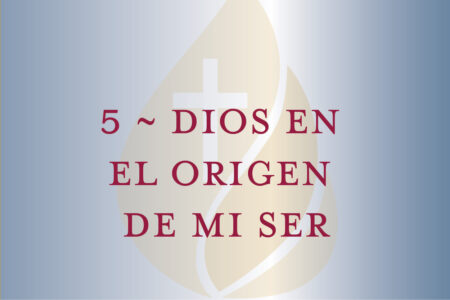

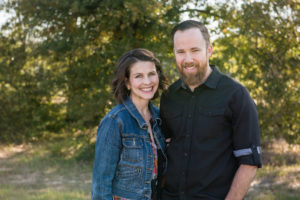


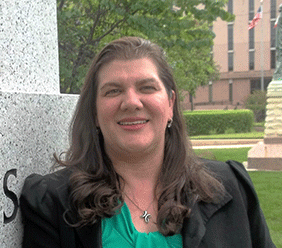
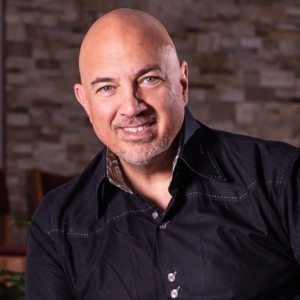
 Kimberly Kay Cox
Kimberly Kay Cox







 Mark Mogilka
Mark Mogilka














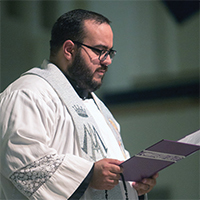



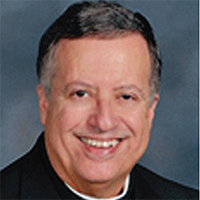

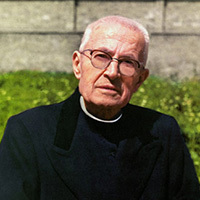







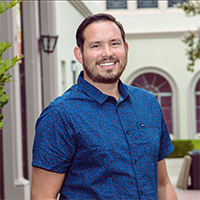
 Armando Cervantes
Armando Cervantes Anna Betancourt
Anna Betancourt
 Andrea Chavez-Kopp
Andrea Chavez-Kopp